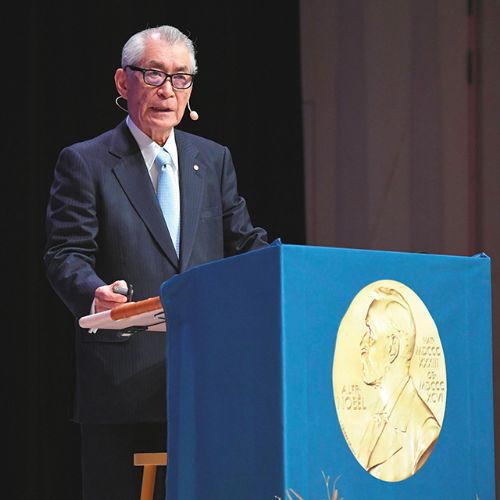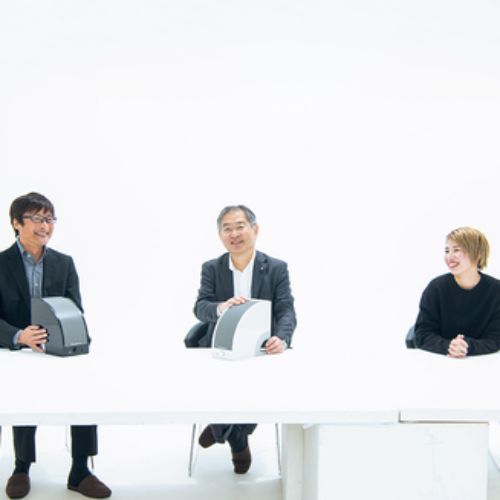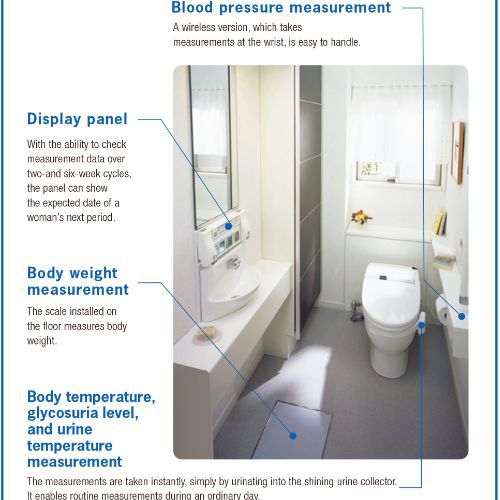In Japan, known as a super-aging society, dementia is predicted to affect one in five people by 2025. [1] In such circumstances, an innovative social experiment has caught the attention of Japan and the world.
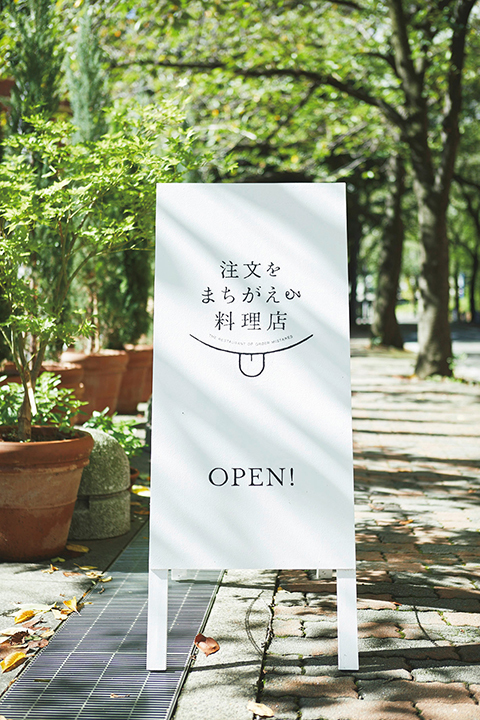
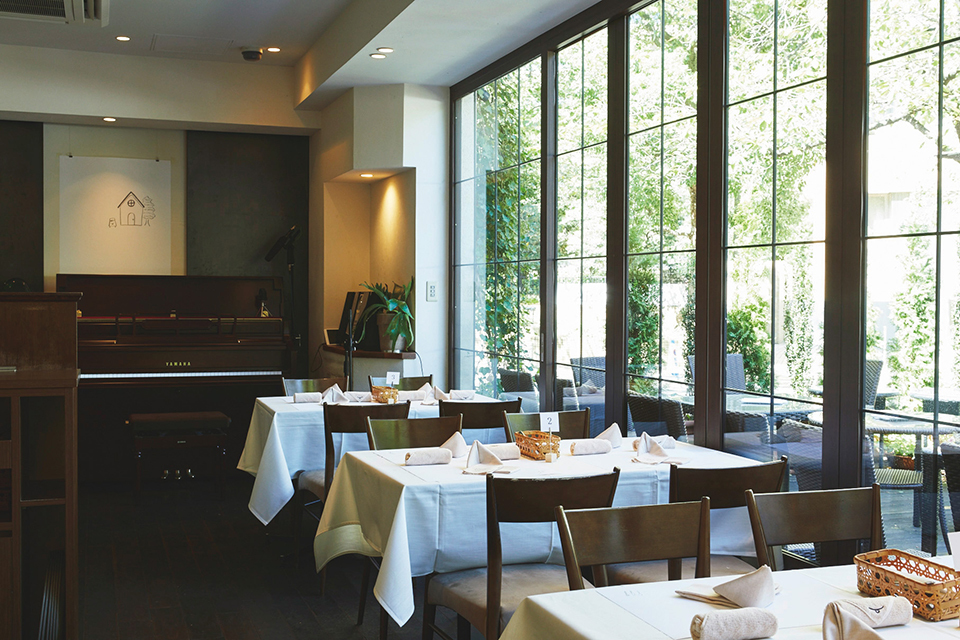
It’s called the “Restaurant of Mistaken Orders” - a restaurant where orders and deliveries sometimes go astray. Yes, we’ve come to a place where the waiters and waitresses all have some degree of cognitive impairment.
The impetus for starting this pop-up restaurant comes from an encounter between the creator Shiro Oguni and a group home where people with dementia live. “Like everybody else, my awareness of dementia at first tended towards negative images of people who were ‘radically forgetful’ and ‘aimlessly wandering about.’ But actually, they can cook, clean, do laundry, go shopping and do other ‘normal’ things for themselves. Close-up, they might go a little off course now and then, but…”
Lunchtime. The order was for a Hamburger steak, but Oguni was served a plate of gyoza (potstickers) instead. “As everybody around me was eating with such gusto, and I felt quite muddled and wondered if perhaps it was me who was in error.” Oguni noted, “Why raise our eyebrows at the difference between sizzling steak and gyoza? ‘So it’s a mistake, well, fine.’ Given that kind of tolerance, the dining scene can become relaxed and delightful.”
Made possible by the help of many people, the “Restaurant of Mistaken Orders” is indeed a place where mistakes happen. One older woman shows her guests to a table and then sits down with them. Another serves a hot coffee with a straw. Yet another older woman struggles to twist a large pepper mill, not entirely sure that the pepper will fall where it’s wanted. Everybody at the table pitches in to help, and with cries of “We did it!” all join in the laughter. However, “The restaurant is not about whether orders are executed incorrectly or not,” notes Oguni. “The important thing is the interaction with people who have dementia.”
Although succeeding as a “restaurant of never-ending laughter,” Oguni was initially concerned about possible criticisms, such as, “Don’t treat dementia like a carnival sideshow!” and “Don’t make a laughingstock out of them!” But actually, when guests see the smiles of the staffers with dementia, and the joy that motivates their work, some feel a spirit of courage, while others are moved to tears. And invariably, the servers say such things as “I’m still capable. This has gaven me confidence.” The negative image of dementia was replaced by a fun, positive one. “Calling someone ‘The demented Mrs. Whozit’ is completely different from ‘Mrs. Whozit with dementia.’ Dementia is not what a person is, but just part of who they are. People are people. The change will not come from them, it must come from society,” observes Oguni. “By cultivating tolerance, almost anything can be solved. The image of ‘Cool Japan’ is recently gathering much enthusiasm, but I think ‘Warm Japan’ is just as important. I want to promote a Japan that cultivates a warm, comfortable environment, so people will return home with smiles and a glow in their hearts.”

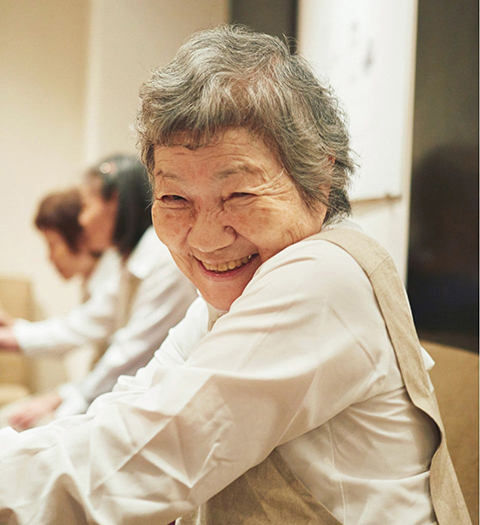
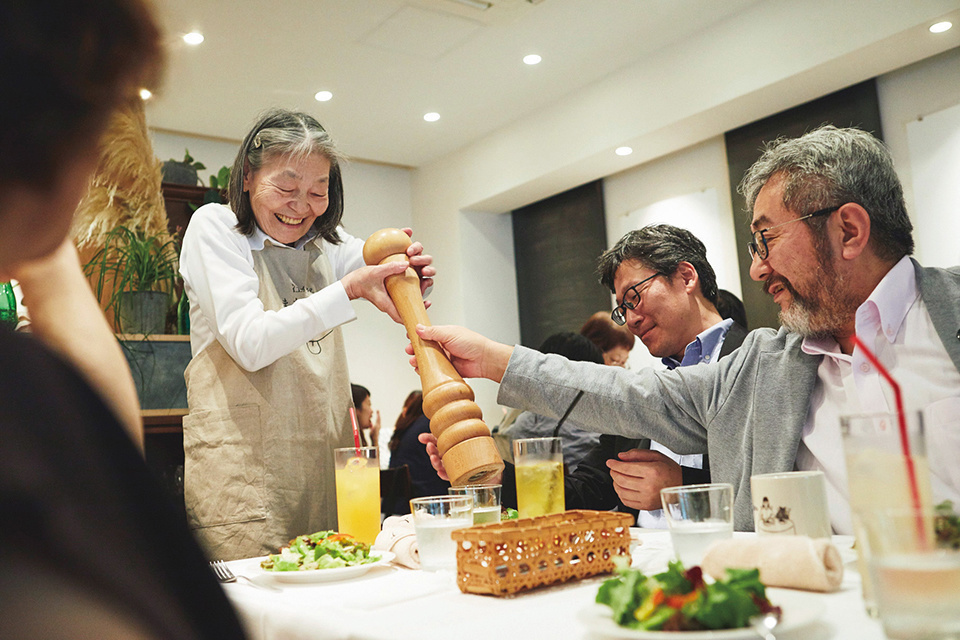
The “Restaurant of Mistaken Orders” concept has had a long-ranging effect.
Future events will be announced on their website.

To finish things up, dessert is served with a bashful smile.
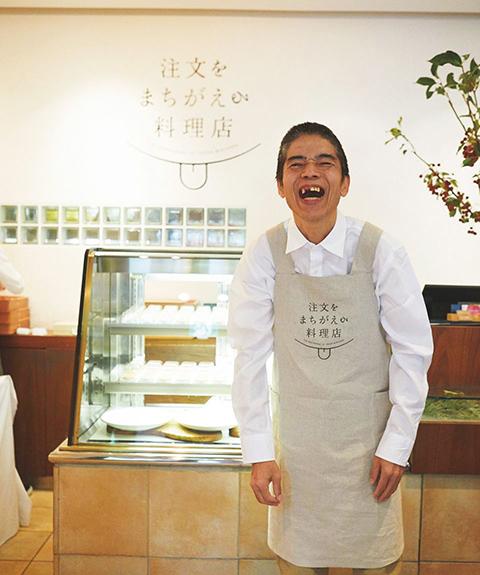

Two out of three Japanese with dementia live at home, conditions conducive to isolation. They have the attitude of “rather than receiving assistance, I want to work, to be useful to the community,” and the pop-up restaurant gives them a cheery place to do just that.
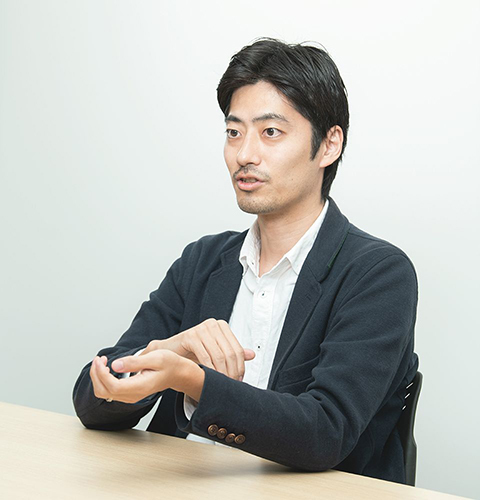
The restaurant has been carefully designed to avoid mistakes. Behind its success lies the extraordinary painstaking efforts of the management and others. “We wanted to make this a welcoming place where everybody feels comfortable.”
http://www.mistakenorders.com/en/home.html
[1] 2017 Cabinet Office White Paper on the Aging of Society.

























